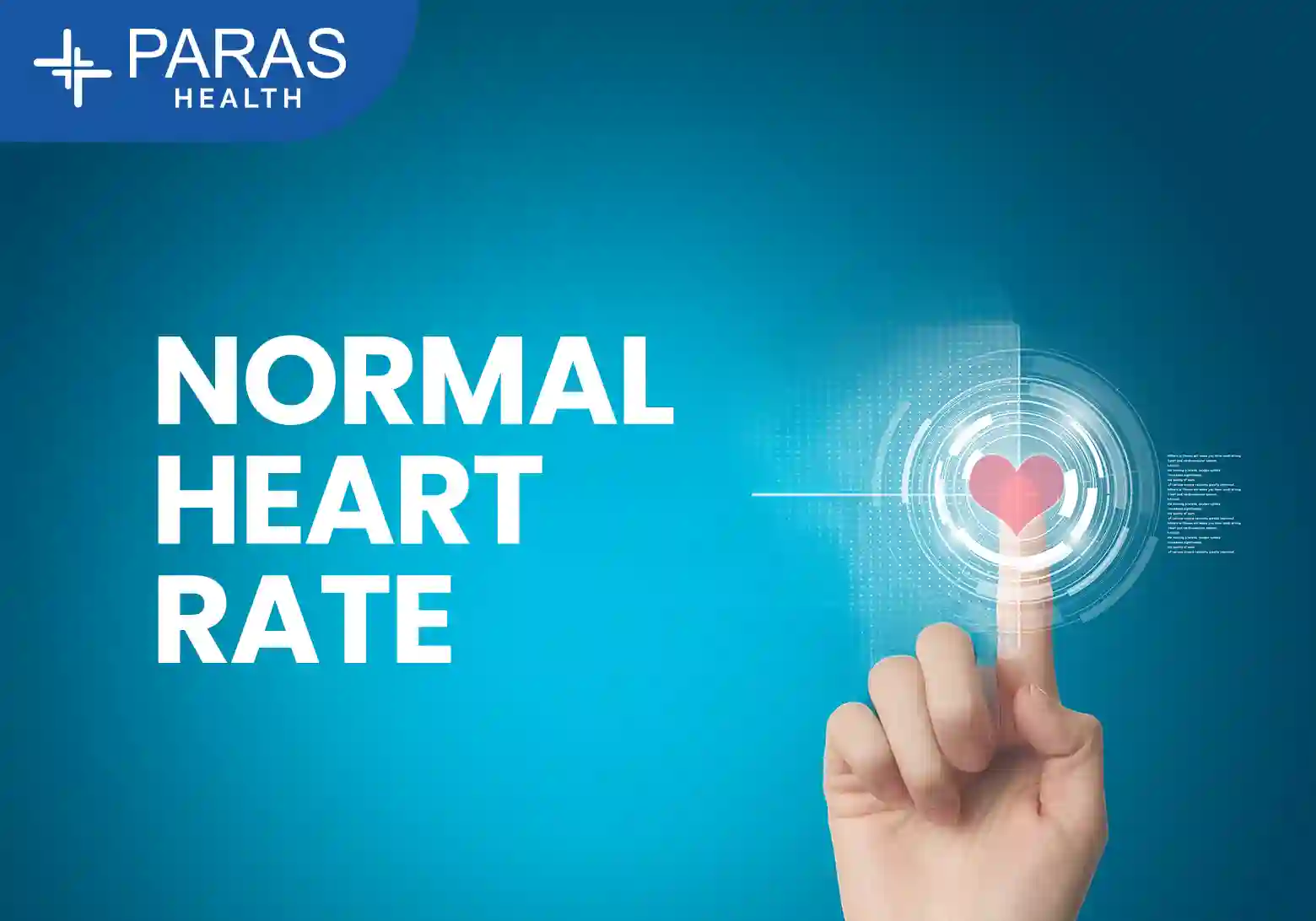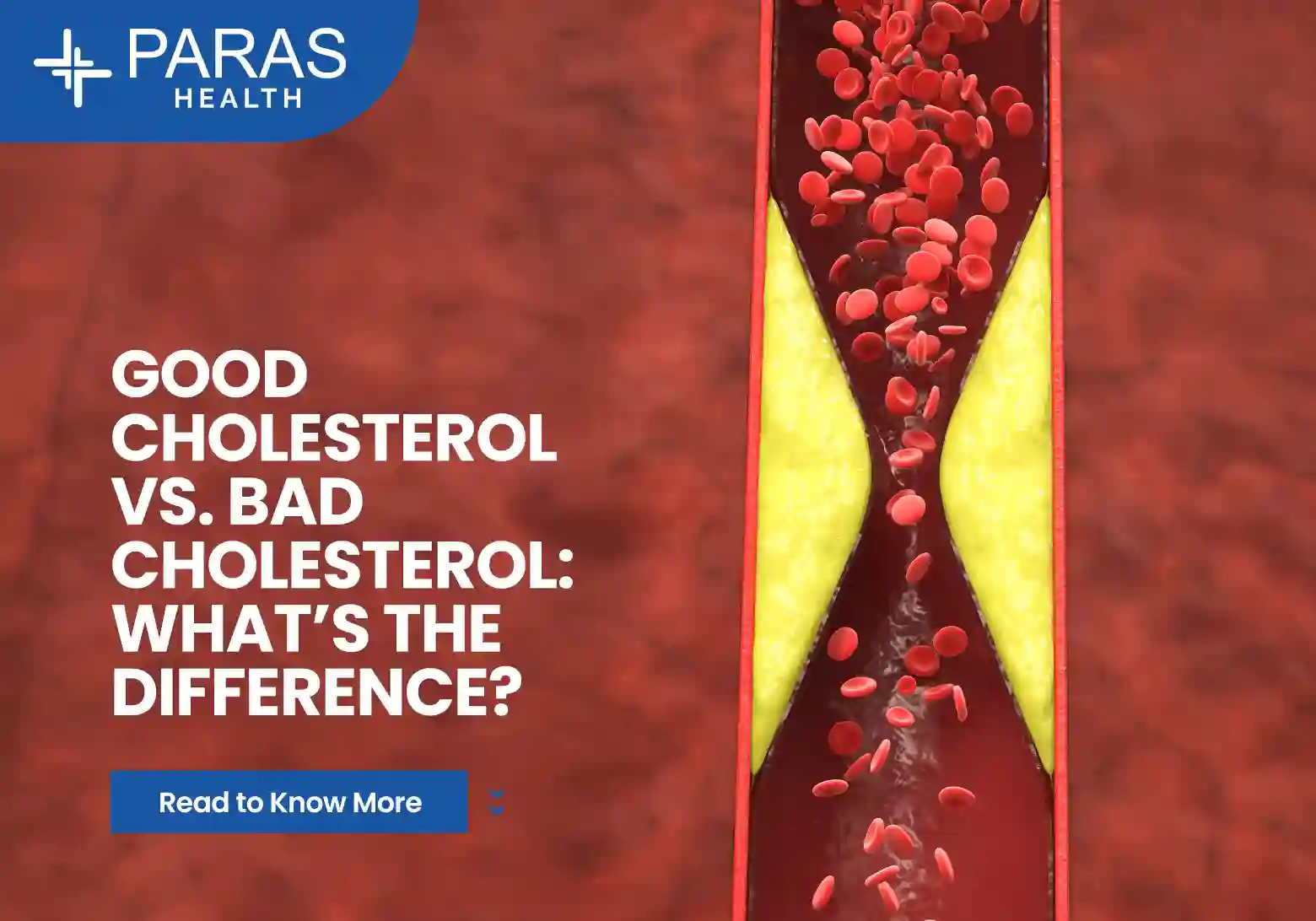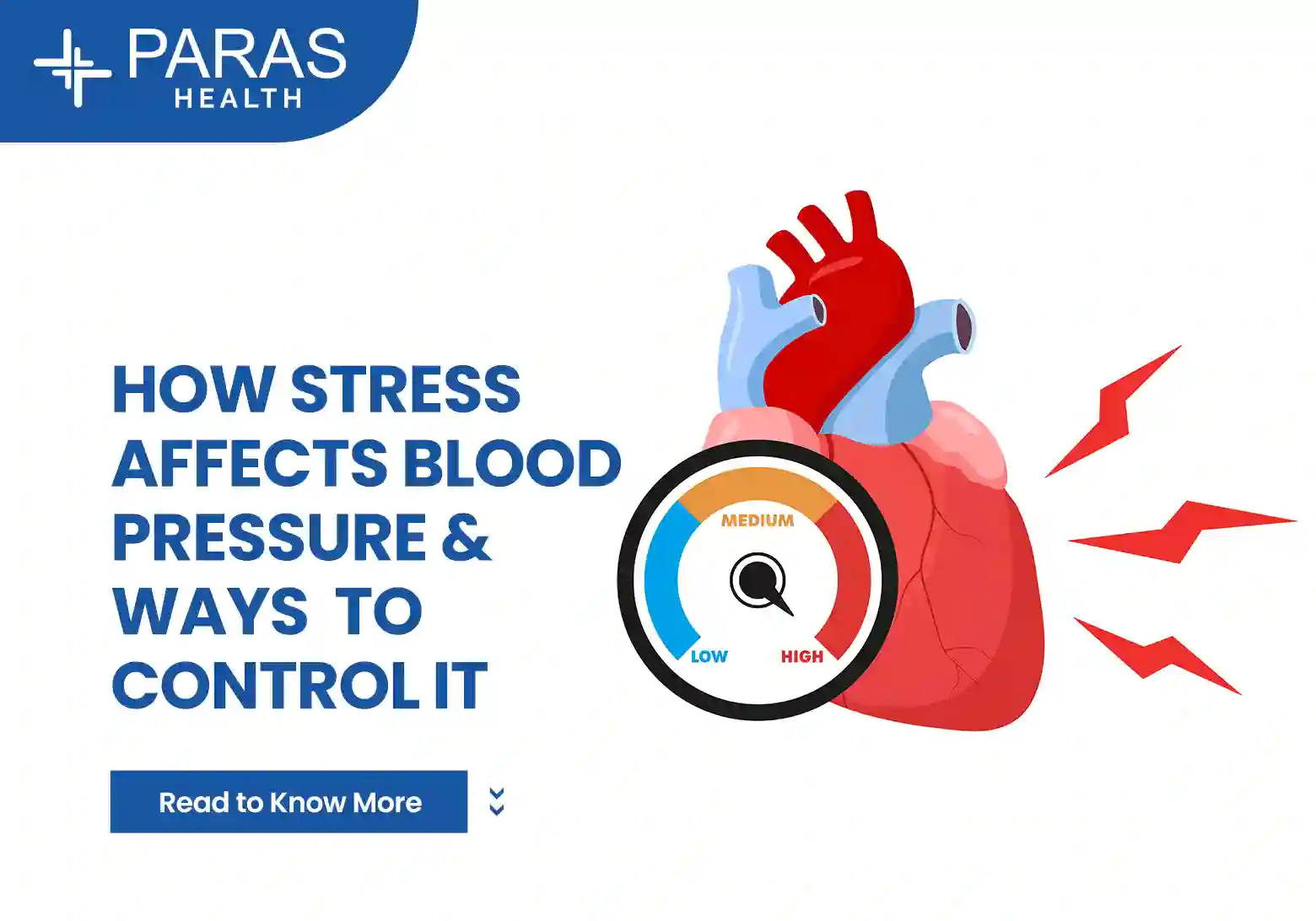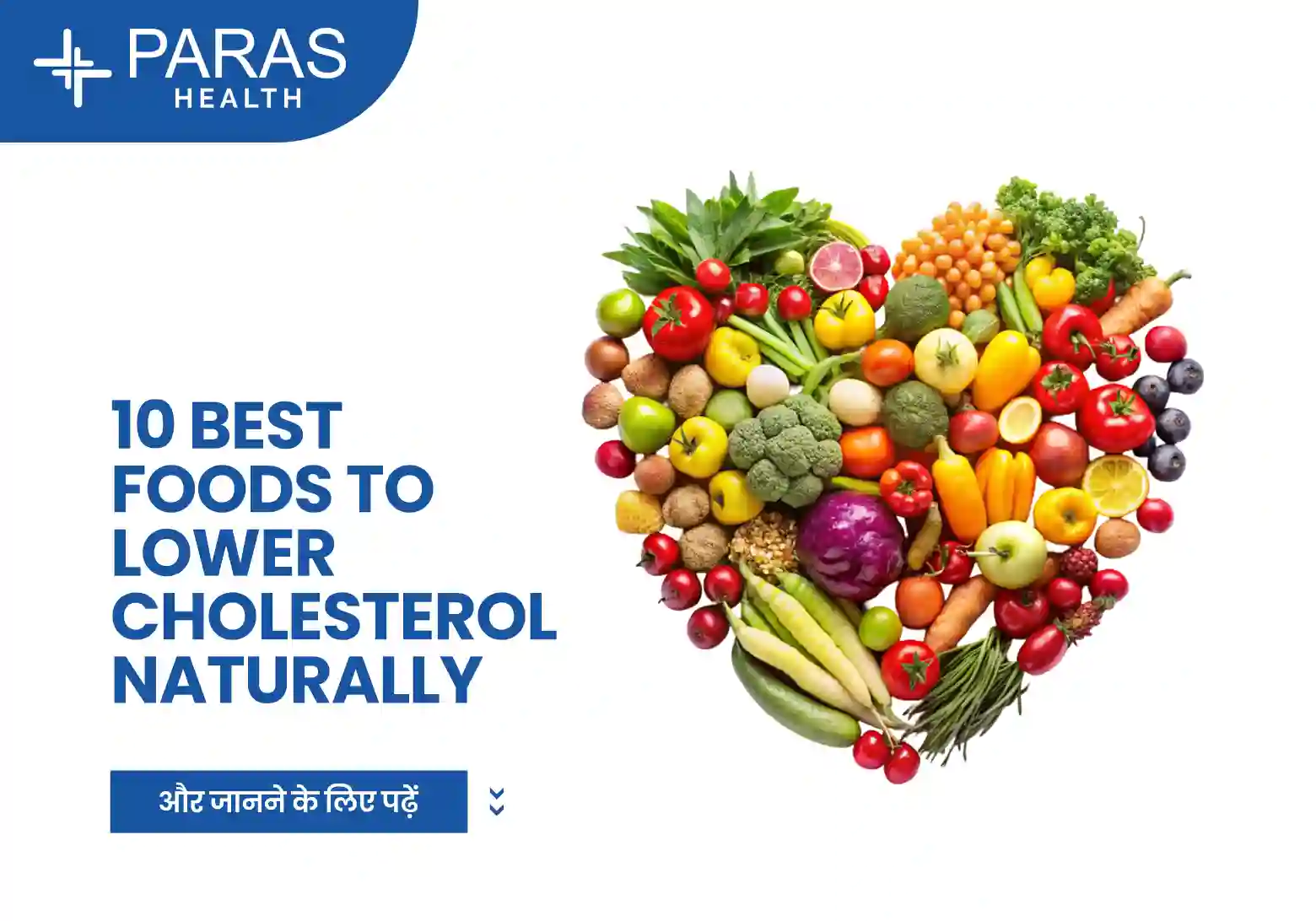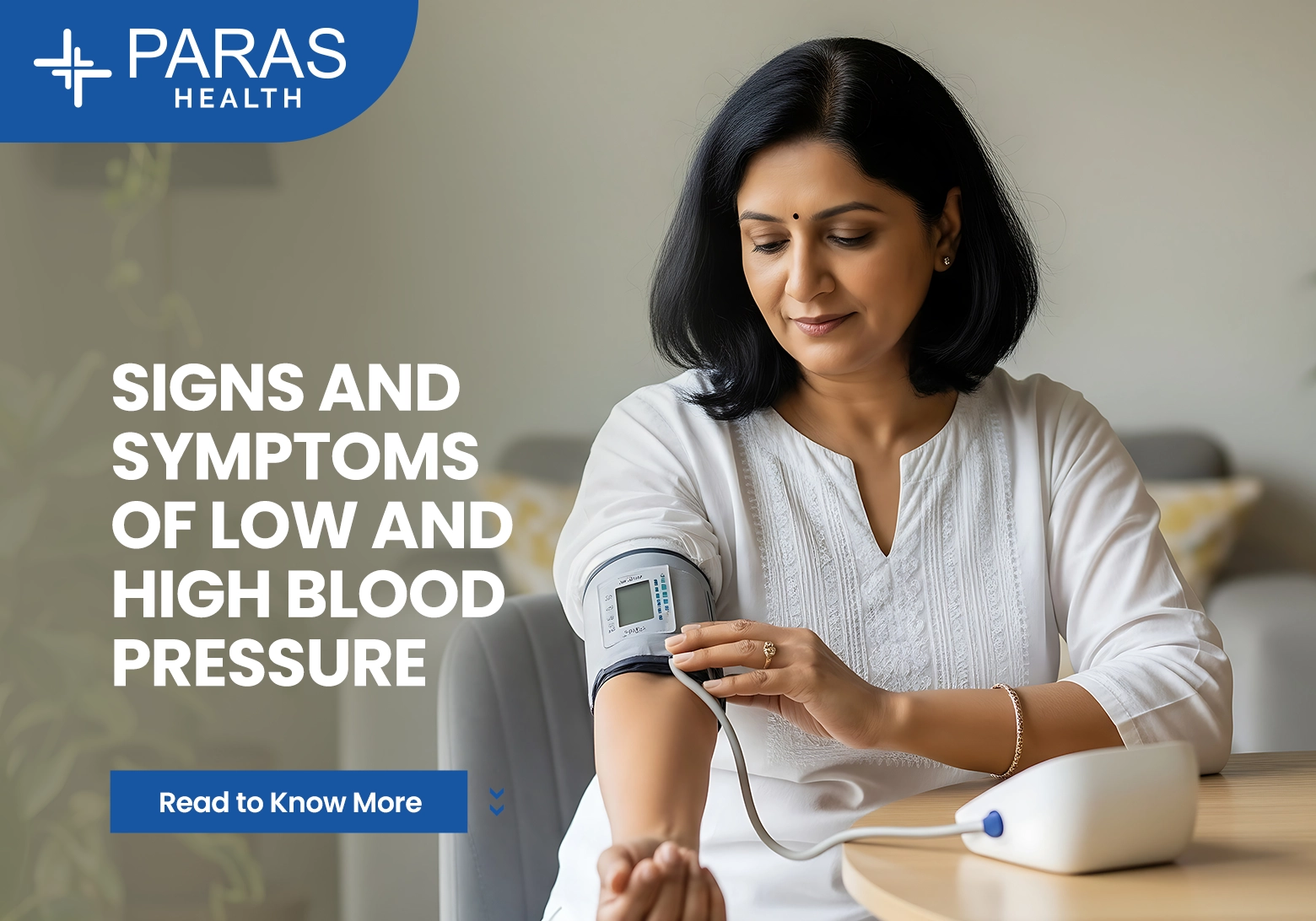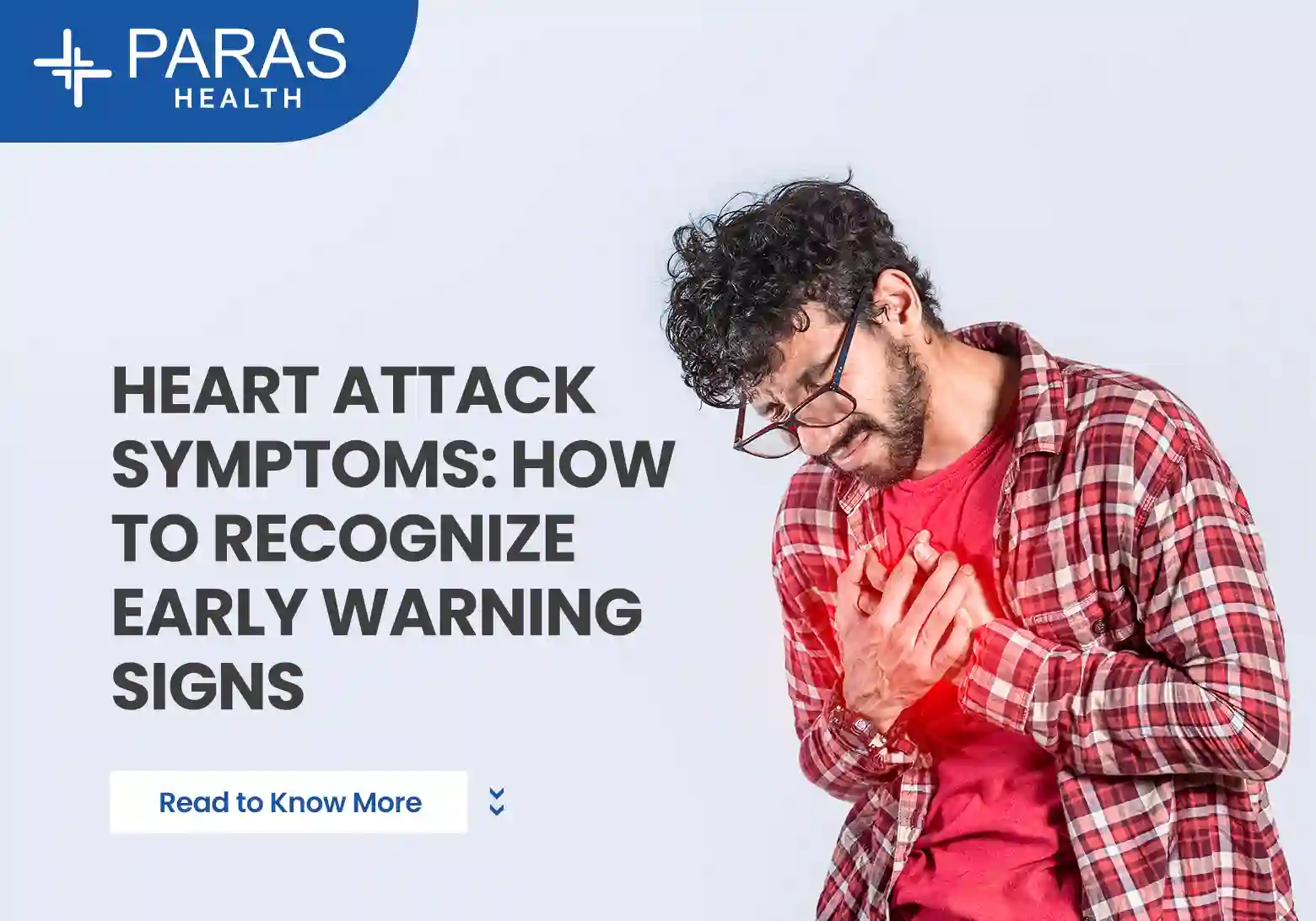Breast Cancer Treatment Can Increase Risk of Heart Disease
Apr 19, 2022
Both breast cancer and heart disease are ailments that need strict medical attention. Moreover today people should get their risk assessment also done for the same to ensure that preventive measures are a part of their life. The risk for both ailments – Heart Disease and Breast Cancer increases with age, particularly after the onset of menopause.

Be clear of your medication for Breast Cancer if you have Heart Disease risk:
Some treatments used in patients with breast cancer can have a negative impact on cardiovascular health. Left ventricular systolic dysfunction, arrhythmias and QT interval prolongation are the most important common cardiovascular side effects of breast cancer therapies. With earlier detection and improved treatments, long-term survival among women who develop breast cancer is good.
Who are more at risk of developing Heart Disease due to Breast Cancer medication?
Older postmenopausal breast cancer survivors are now more likely to die of diseases other than breast cancer, and cardiovascular disease is the most important common cause of death Furthermore, women who have had breast cancer are more likely to die from cardiovascular disease than women without a history of breast cancer.
Research supports Heart Disease risk due to Breast Cancer medication:
The scientific statement comes after the release of a compilation of prevalence data and shared risk factors for heart disease and breast cancer. As well as the cardiotoxic effects of cancer therapy. Studies have shown that when doxorubicin is administered slowly, rather than all at once, patients may have a lower risk of heart failure.
If a patient presenting with cancer has a pre-existing heart condition, this may determine which cancer treatment is used. Similarly, the effects of cancer therapy on the heart must also be monitored and cancer treatment plans amended if a negative impact is apparent.
How can the Heart Disease risk be minimized in patients suffering from Breast Cancer?
- The risk factors are common to both heart disease and breast cancer, the potential heart damage from some breast cancer treatments, and suggested strategies to prevent or minimize the damage.
- Breast cancer survivors especially in older women over the age of 65, are more likely to die from cardiovascular disease than breast cancer, underscoring the importance of effectively managing heart disease risk factors during and following cancer treatment.
- In some cases, the reduction in heart function is temporary and cessation of the treatment and/or the addition of heart medicines can improve function. But in some breast cancer patients, heart failure can be permanent. Because of this, the early development of heart failure can signal a need to slow down and/or alter a patient’s breast cancer treatment because of the risk for worsening the condition or the development of permanent heart failure.
- Radiation can affect the heart arteries and cause the development of coronary artery disease or blockages. But due to latest technique of radiation such as IMRT,IGRT reduces the cardiac doses and minimize the cardiac toxicity caused by radiation.



